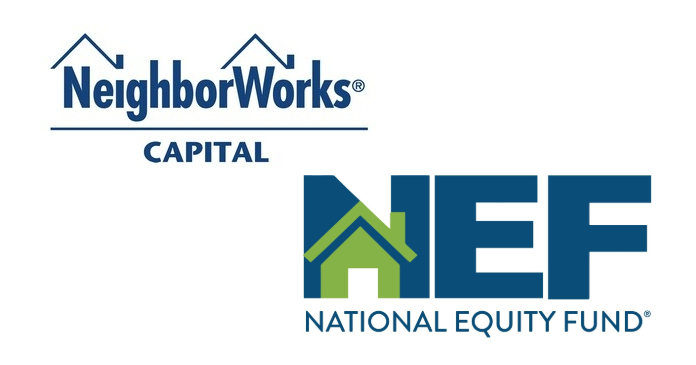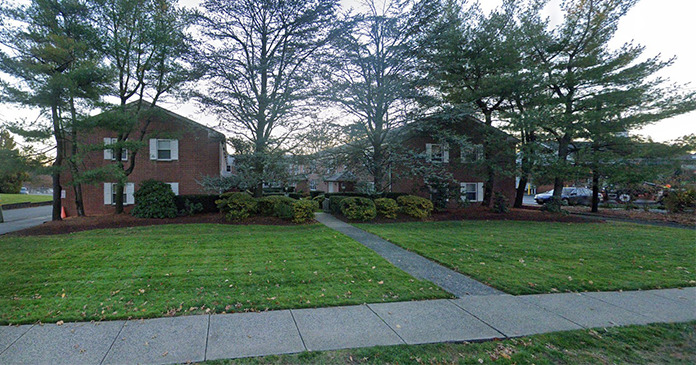I define the U.S. multifamily property management industry as the work of caring for the millions of multifamily units valued at $3 trillion and their renters. Over 800,000 people work as employees of the management industry, while tech and service vendor companies employ hundreds of thousands more. And the industry is growing, requiring 4 million more units by 2030 just to keep up with demand.
In my experience, the industry is antiquated, operating essentially unchanged for decades. It is marked by disparate manual processes, waste, inefficiency and overcomplications, resulting in poor experiences for all stakeholders: multifamily owners, employees and renters.
For years, I have heard people wish out loud that someone would build a simple property management system, including all the necessary features in one flat price and share the data in an app. Now, a handful of industry players—my company included—are determined to answer the call with a better way to manage multifamily.
ExOs
Radical disruption is coming soon, made possible by the industry’s adoption of smartphones and smart locks. I predict the disruption will come not from the incumbent giants, but from emerging multifamily exponential organizations (ExOs) that will simplify and automate complex manual processes, delivering a far better stakeholder experience.
What is an ExO? According to Salim Ismail, author of the book Exponential Organizations, it is “one whose impact or output is disproportionately large—at least 10 times larger—compared to its peers because of new organizational techniques that leverage accelerating technologies.”
Today’s property management
The multifamily property management industry today consists of two main categories of companies: 1. property management—the people working in offices and performing maintenance—and 2. multifamily tech companies that sell their software to the property management companies.
A helpful analogy to the current property management industry is the taxi industry a decade ago. Taxi companies functioned similarly to property management companies today: marked by reliance on manual processes, with little meaningful technology innovation and a poor user experience. In 2010 there was an ecosystem of software companies supporting taxi companies, and we know what happened next—Uber and Lyft created simple, unifying apps that were far better than the fragmented, incumbent taxi companies and their software providers and proceeded to decimate the entire industry in both categories.
What emerged in its place was a new, better ridesharing industry, and it’s my belief that multifamily property management will be no different.
Today, multifamily tech companies are improving niche subcategories iteratively, often in silos. The work is fragmented within the major categories of the multifamily property management industry:
- Leasing
- Resident retention
- Payments
- Maintenance
- Finance and reporting
- Asset management
To demonstrate the pervasive level of isolation within the industry, there are many companies focusing on just one of the following subcategories of the leasing category:
- Online advertising and marketing (Zumper, CoStar, Apartment List)
- Lead generation and CRM (Knock, Respage, G5)
- Touring (Realync, Tour24, Toor)
- Access control (Rently, SmartRent)
- Screening (CheckpointID, CoreLogic, TurboResident)
- Processing first payment and security deposit (PayLease, NestEgg)
- Online lease generation and execution (Innago, Avail, Rentberry)
- Renters insurance (Lemonade, Assurant, Jetty)
- Deposit replacement (LeaseLock, Zero Deposit)
- Utility verification and mail forwarding (Updater)
- Make-ready (UpKeep, Keepe)
Despite the iterative linear advances in the multifamily industry today, until a company takes responsibility for all components and offers multifamily owners the simplicity they want, exponential innovation cannot occur.
Multifamily property management
Multifamily property management companies do not have their own tech stacks, making them vulnerable to eventual obsolescence. The residential property management industry is fragmented.
As proof, consider that Greystar, currently with 660,000 units under management, is the largest multifamily management company in the U.S. Yet, though it is the U.S. leader, Greystar represents less than 2 percent of the market share of the U.S.’s 40 million multifamily rental units. According to NMHC, the second largest multifamily property management company, Lincoln Property Company, has less than a third of Greystar’s total.
Multifamily tech
Multifamily technology companies are a subcategory of proptech, covering all real estate-related tech companies. There are hundreds of software companies serving multifamily property management companies but the industry is largely controlled by legacy software giants, including privately-held Yardi, RealPage, Appfolio, CoreLogic and CoStar. But if the taxi industry warns us of anything, it’s that multifamily techs’ customer—management companies—will soon be dying off, and software companies aren’t built to handle the entire property management ecosystem.
Ask any multifamily tech company: “Do you offer a simple way to manage my properties for me, handling everything—people and software—in one easy solution?”
The answer is no, at least not today. To survive, multifamily tech companies must soon deliver a much better solution or partner with those who do. Multifamily tech companies would be wise to learn from other industries being disrupted and face the reality head-on.
Pick the right customer
The software companies that sold to taxi companies a decade ago chose the wrong customer and were wiped out. Multifamily management industry companies are making the same mistake now. Property management companies, by default, have the property owner as their customer, but they have sealed their fate by failing to innovate. As the multifamily management industry is disrupted, I believe it will become clear that the ultimate right customer is the multifamily real estate owner or the emerging multifamily ExO companies serving them.
Coming soon to a property near you
Simple, vertically-integrated management solutions are coming soon to multifamily owners that deliver in both categories (people and software), leveraging tech but also handling property management work. The startup MYND is furthest along, but is single-family.
As emerging companies build simple automated solutions, I predict market consolidations of both categories of companies making up the industry today—management and multifamily tech companies. A select few multifamily ExO companies will win over owners as customers with a simple solution so compelling that adoption is inevitable. As Jeff Bezos wants you to think about Amazon Prime, “it would be irresponsible not to be a customer.”
Excerpt Paul Worcester, Simplifyy
















